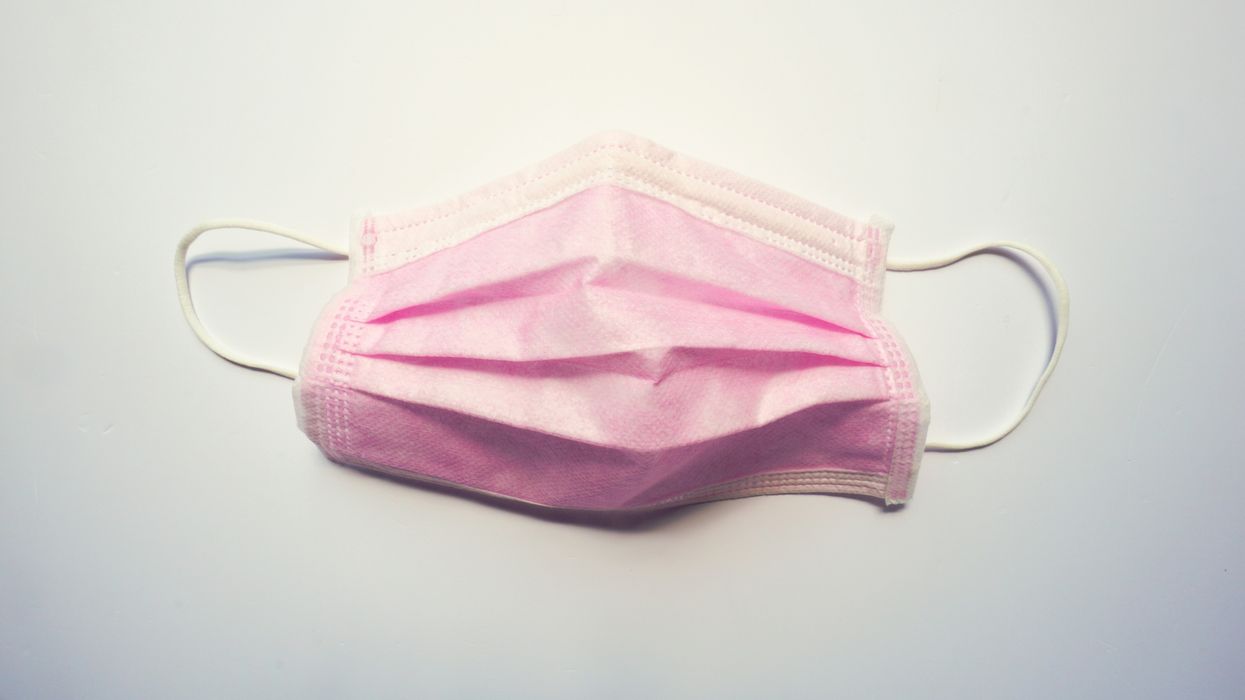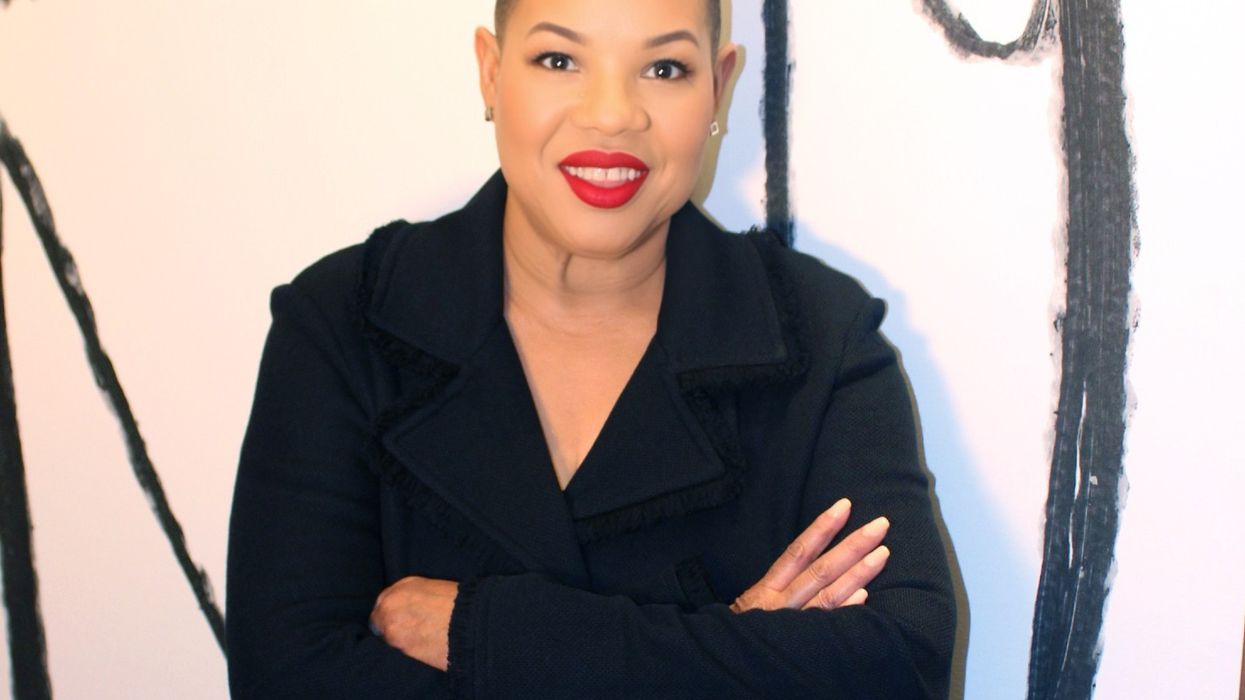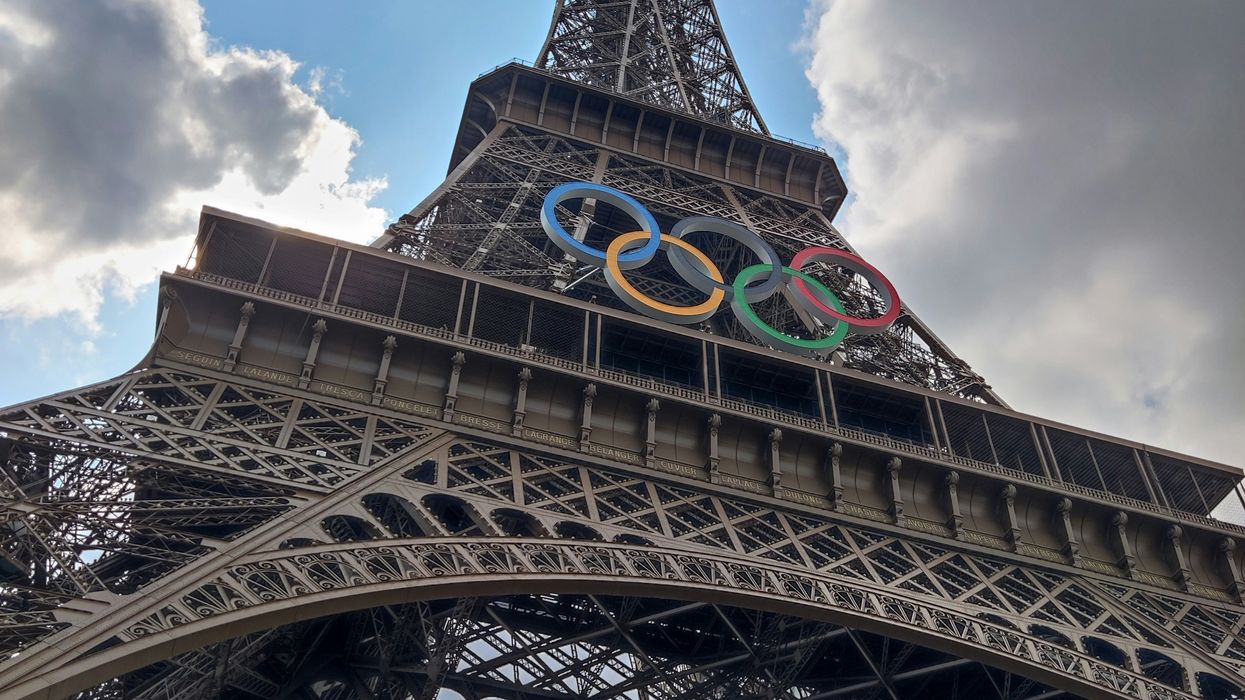North Carolina’s public mask ban, which prohibits individuals from wearing masks in public spaces, has been a topic of debate for decades. Originally enacted in 1953 to combat the activities of the Ku Klux Klan, the law is now at the center of discussions surrounding public health, especially in light of recent events like the COVID-19 pandemic. This article explores the arguments both in favor of and against the mask ban, highlighting the complexities of balancing public safety, individual rights, and health concerns.
Historical Context and the Case for the Mask Ban
Support for the Ban: Public Safety and Crime Prevention
Proponents of North Carolina’s mask ban argue that the law plays a critical role in maintaining public safety and preventing crime. The law was initially enacted during a time when the Ku Klux Klan was notorious for using masks to conceal their identities while committing acts of intimidation and violence. The mask ban was seen as a necessary measure to deter such activities and to promote accountability .
Supporters believe that the mask ban continues to serve a valuable purpose today. They argue that by prohibiting the concealment of one’s identity in public, the law helps law enforcement identify individuals who may be involved in illegal activities, thus reducing crime. Additionally, the ban is seen as a way to prevent individuals from using masks to intimidate or threaten others, thereby maintaining public order .
Constitutional and Legal Justifications
From a legal standpoint, supporters of the mask ban argue that the law is constitutionally sound, as it includes exceptions for religious practices, theatrical performances, and occupational activities. They contend that the law is narrowly tailored to address specific concerns about public safety and is not intended to infringe upon individuals’ rights to free expression or religious freedom .
Furthermore, some argue that the mask ban is a legitimate exercise of the state’s police powers, which allow governments to enact laws aimed at protecting the health, safety, and welfare of the public. By preventing the concealment of identity, the law is seen as a reasonable measure to deter criminal behavior and promote transparency in public spaces .
The Case Against the Mask Ban: Public Health and Civil Liberties
Public Health Concerns
Opponents of North Carolina’s mask ban argue that the law is outdated and poses significant risks to public health, particularly in the context of pandemics and other health emergencies. Masks have been widely recognized as an effective tool in reducing the spread of airborne diseases. During the COVID-19 pandemic, for instance, masks were recommended by the Centers for Disease Control and Prevention (CDC) as a crucial measure to prevent the transmission of the virus .
Critics argue that the mask ban could discourage individuals from wearing masks during health crises, thereby increasing the spread of infectious diseases. This is particularly concerning for vulnerable populations, such as the elderly or immunocompromised, who rely on masks for protection. Public health experts warn that the ban could undermine efforts to control outbreaks and protect public health .
Civil Liberties and Individual Rights
The mask ban also raises concerns about civil liberties and individual rights. Opponents argue that the law infringes upon the right to personal autonomy and the freedom to take necessary precautions to protect one’s health. They contend that individuals should have the right to wear masks in public, especially when it is a matter of health and safety .
Moreover, critics point out that the ban could disproportionately affect certain groups, such as religious minorities who wear masks or face coverings as part of their religious practices. While the law includes exemptions for religious activities, there are concerns that it could still lead to discrimination or harassment of individuals who wear masks for religious or cultural reasons .
Calls for Reform
In light of these concerns, many advocates are calling for a reexamination of North Carolina’s mask ban. Some propose amending the law to include clear exemptions for public health emergencies, which would allow individuals to wear masks without fear of legal consequences during pandemics or outbreaks. This approach would balance the original intent of the law with the need to protect public health .
Others argue for the complete repeal of the mask ban, suggesting that the law is no longer necessary in today’s context and that its potential risks outweigh its benefits. They contend that modern public safety concerns can be addressed through other means, such as improved surveillance and policing, without restricting the use of masks .
North Carolina’s public mask ban is a complex issue with valid arguments on both sides. Supporters emphasize the law’s role in promoting public safety and preventing crime, while opponents highlight the potential dangers it poses to public health and individual rights. As the debate continues, it is clear that any decisions regarding the future of the mask ban will need to carefully consider the balance between public safety, civil liberties, and the evolving needs of public health.
Citations:
- "North Carolina General Statutes: Chapter 14, Article 4A - Masks and Hoods." North Carolina General Assembly, 1953.
- "The Role of Mask Mandates in Crime Prevention." Journal of Criminal Law and Criminology, 2022.
- "Science Brief: Community Use of Masks to Control the Spread of SARS-CoV-2." Centers for Disease Control and Prevention (CDC), 2021.
- "Public Health vs. Public Safety: The Legal Debate Over Mask Bans." Health Affairs, 2022.
- "Balancing Civil Liberties and Public Safety: The Case of North Carolina’s Mask Ban." American Journal of Law and Medicine, 2023.
- "Religious Freedom and Mask Laws: A Legal Analysis." Harvard Law Review, 2021.

















